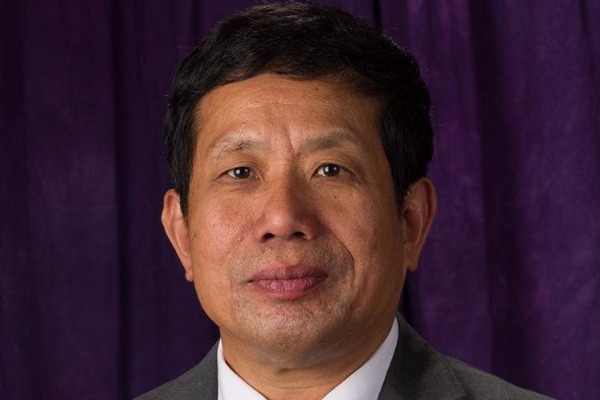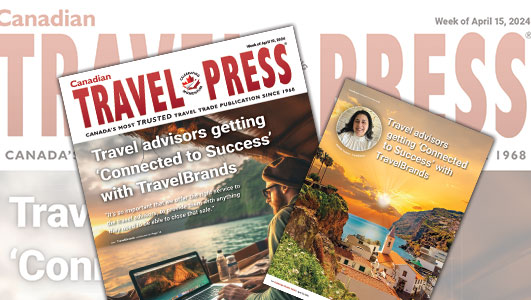A Lasting Impact

It is not a pretty picture for the travel and tourism industry, but there is hope.
According to the World Travel & Tourism Council (WTTC), up to 50 million jobs in the sector are at risk due to the COVID-19 pandemic and global travel could be adversely impacted by up to 25% in 2020 — equivalent to a loss of three months of global travel.
Zongqing Zhou, PhD, professor at the College of Hospitality and Tourism Management of Niagara University, says that “the impact of COVID-19 is going to be more lasting and game-changing for the country’s airlines than even 9/11 and the previous SARS outbreak.”
Dr. Zhou points out that: “In the case of 9/11, people felt safe enough to take part in everyday activities, including travel, as long as they witnessed active security measures.”
He says, “In the case of SARS, it was not as deadly and contagious as COVID-19 and, importantly, there was a vaccine. As soon as SARS was defeated, people felt safe to travel again.”

The trouble now, Dr. Zhou notes is that: “COVID-19 is different: it is much more contagious, more dangerous, more widespread, and there is no vaccine yet.”
And he continues: “Even after we pass the apex and the number of new cases is reduced to zero, people will still be conscious of a potential second wave. Travel would still be considered unsafe and people might still want to avoid crowds, inevitably prolonging the economic impact on the travel and tourism industries.”
Using China’s Example
Dr. Zhou says that although it is hard to predict how long international travel restrictions will be in place as the rate of new COVID-19 infections decreases, he believes that China and the city of Wuhan could be used as a guideline.
“I believe all countries should study China’s experience closely and implement similar measures,” he says. “The city of Wuhan was locked down for more than two months — 76 days to be exact — along with the rest of China.”
He points out that: “Before reopening Wuhan, other cities in China started to loosen their travel restrictions to allow people to go back to work. However, the country also placed tight restrictions on incoming international visitors, implementing a procedure of temperature checking, and 14-day quarantine periods before any visitor could freely enter China.”
He continued: “In addition, China only allowed direct international flights to safe cities and destinations, avoiding transfers to reduce the chances of virus contamination during transit.”
And while the outlook may look bleak, all hope is not lost, with Dr. Zhou pointing out that “the travel and tourism industry is the critical player in re instituting the sense of safety and security in the minds of the travellers and customers.”

Advice For The Future
He also offered some advice to the CEOs of travel, tourism or hospitality companies on the kind of measures they should take going forward.
These include:
- Hiring a Chief Safety Officer (CSO) – someone who is an expert in public health and public security.
- Making public safety and security the centerpiece of management, marketing and promotion.
- Providing assurances that all customers will be well-protected within its properties or destinations, such as providing free or next to free masks, sanitation equipment, and local hospital connections if needed.
- Creating innovative programs and events focusing on social distancing, such as ‘controlled crowd travelling,’ private group travelling, family travelling, limited group size tours, and special, small group dining experiences.
- Adding ‘crisis forbearance’ to their loyalty program. Loyal program customers are automatically protected from any losses due to a crisis like COVID-19. For example, any booked flight, hotel, tour, meal, or cruise will be automatically refunded or extended for at least another year based on customers’ preferences.
“COVID-19 is certainly going to be a game changer for the travel and tourism industry,” says Dr. Zhou. “Those who can learn from this experience and implement changes in the future will be the winners; those who keep doing the same old business will be left in the dust.”
Along with being a professor at the College of Hospitality and Tourism Management of Niagara University, Dr. Zhou, who also serves as the president of the International Society of Travel and Tourism Educators (ISTTE).


